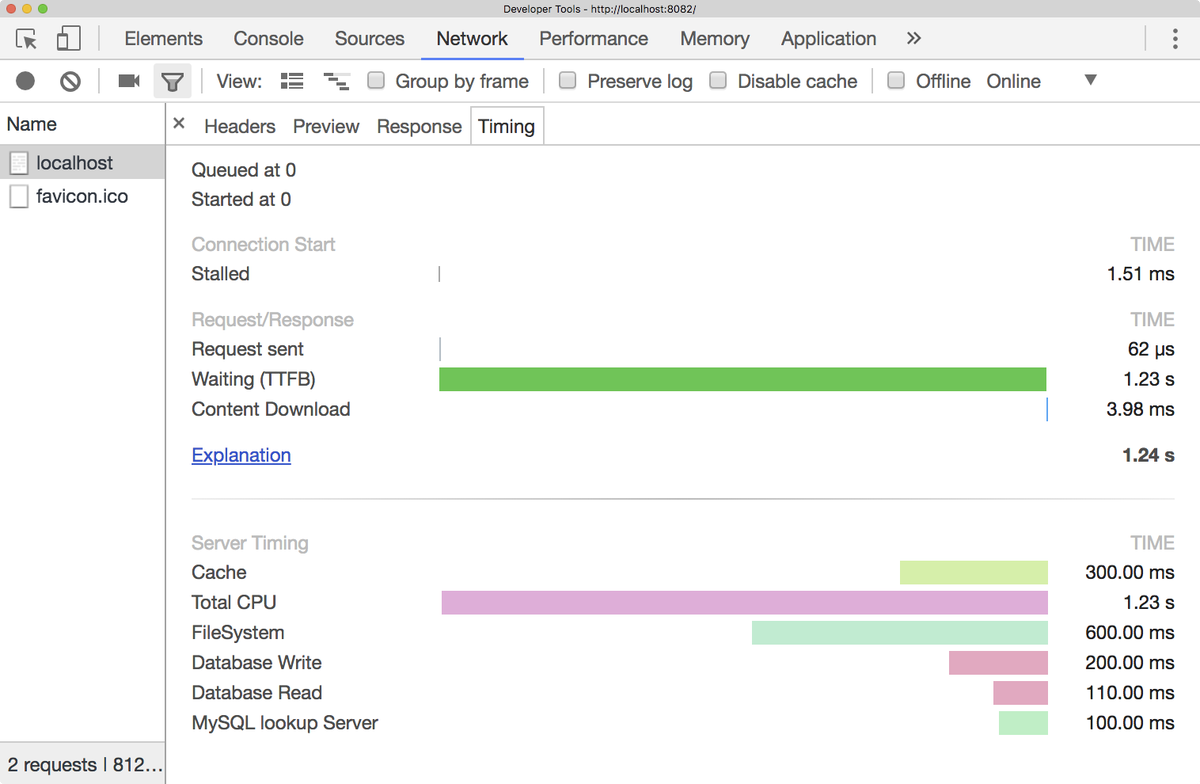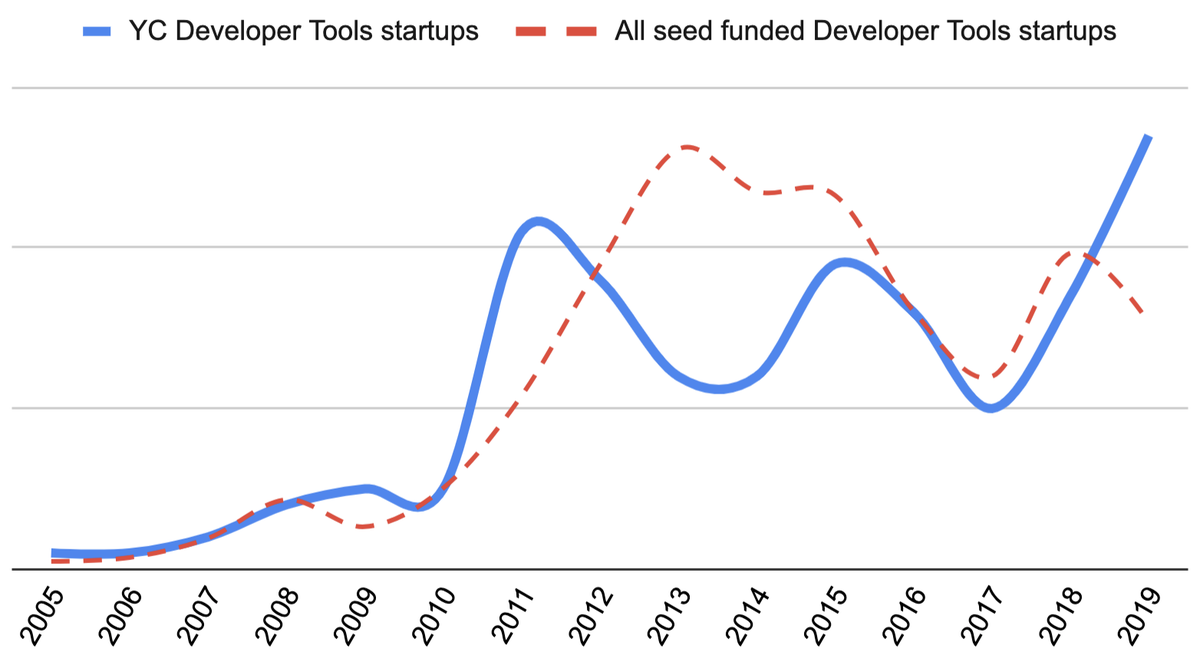
How can we open-source consumer products? Why should we?
In this essay I want to define what open products are, explain why I think they’re important, and suggest what’s needed in order to make more of them.
I define an open product as “a technology product that happens to be open-source.” The best example is Reddit.com: a major web property, and oh yeah by the way here’s almost all of its source code. Whoa!
Open products like Reddit.com are pretty clearly distinguished from closed products like Google.com or Facebook.com, but they also stand in contrast to open-source projects. An open-source project is designed for me to download and install on my own servers. Sure, a few people run their own instance of Reddit, but that’s not its driving use case.
It’s a fuzzy boundary, the line between open-source projects and open products. To firm it up, we’d look at the number of installations of a given project, and the audience size for each installation. Drupal is an open-source project and not an open product, because there are many, many instances of it. WordPress is fuzzier: how much WordPress traffic is handled by WordPress.com? I don’t know. We can also look at intentions. I’m not sure how many instances of rstat.us there are, but I do know that project leaders want it to be federated, not centralized. Same with Diaspora. I think of an open product as a commons, a single central instance shared by all. Email is federated. Gmail is a product.
Open products are also distinguished from open platforms. I think of operating systems and web browsers as platforms, and apps on those platforms as products. So Firefox (src) is an open platform, as are Ubuntu (src), Fedora, Android (src), etc. (Chrome doesn’t count because it’s closed; Chromium would count if people used it directly.) We’ve got great open platforms for the same reason we’ve got great open-source projects: they’re built by developers for developers.
Not surprisingly, a number of existing open products are web apps used by developers. Prime examples these days would be Travis CI (src), Sentry (src), and ReadTheDocs (src), along with venerable old SourceForge (a.k.a. Allura). There are also examples of developer-focused companies with partially-open products, such as Balanced Payments (src) and Bountysource (src).
The open products I’m most interested in, however, are top-level, consumer-facing web and mobile products that stand on their own as consumer products first, and—almost as an afterthought—happen to be almost fully open-source to boot. We know that openness is the best model for building developer tools and platforms. That’s old news. The question today is, how much else can we bring under the banner of openness? Besides Reddit, the two best examples of consumer-facing open products I’ve found are NewsBlur (src) and Trovebox (src). My own entry is Gittip (src). If we include older desktop apps, then we’ve also got things like Audacity (src), GIMP (src), and VLC (src).
Open products respect the hacker ethic, without forcing it on others.
For me, openness is not an absolute good, not an end in itself. Rather, it helps maximize personal freedom and autonomy amidst ginormous social systems. I value the luxuries of modern society, and I value the freedom to explore and tinker with society as I see fit, to feel like I’m helping run it, and not being run over by it. I doubt that more than a few percent of Reddit users know or would care that it is open-source, but to me that’s the beauty of it: this deeply respects the hacker ethic, without ideologically forcing it on others.
Open Product Business Models
The truth is that open-source consumer software sucks compared to proprietary competitors: GIMP vs. Photoshop. Audacity vs. Pro Tools. Trovebox vs. Instagram. Why? Money. Free software altruism isn’t enough to fully offset economic necessity, therefore the best of our collective energy goes into
proprietary software, since that’s where the money is right now. How do we start to shift this?
Whereas open-source projects get funded as a side-effect of other business models, an open product needs its own business model. As with proprietary software, the two basic options are:
How to fund open products parallels the conversation about funding digital content, where creators like Amanda Palmer, Hank Green and even The Changelog are pointing to a third way: asking users for money. Companies like Kickstarter, Flattr, CentUp, and Patreon, as well as my own company, Gittip, are building platforms to enable new business models to emerge based on what we might call "soft fees"—something between paywalls and traditional charitable
donations:
- soft fees--asking users for money
Open products use a mix of these models. SourceForge sells ads. Reddit sells ads and subscriptions. Travis sells ads and asks for money. Sentry sells subscriptions, along with Newsblur and Trovebox. Gittip charges fees and asks for money. ReadTheDocs asks for money, as do Audacity, GIMP, and VLC.
My hunch is that soft fees are the best fit for open products, but it remains to be seen whether soft-fee models can scale as well as the advertising models of Google and Facebook, or the hard-fee models of Microsoft, Apple, and Adobe. One potential approach is Jeff Lindsay’s “autosustainable
services,” where the product makes more or less urgent requests for money based on real-time operating costs:

The above screenshot is a mockup of autosustainable services, from a talk by Jeff Lindsay (@progrium).
The challenge that soft-fee business models face is cultural: we’re not used to asking each other for money–and, conversely, we’re not used to giving our money away–except as “charity.” We’re accustomed to thinking of charities as optional extras in an economy where the real work gets done in hard-fee and advertising-based businesses. I prefer “soft fee” to “donation,” because I want to stake out a new territory where giving money is more normal. This isn’t charity. This is a new kind of business.
How money flows into a company building open products is one challenge. How it flows out is another. The bulk of most budgets is people, and when a product is closed it’s easy to route the money it brings in to the people who built it. They’re the company’s owners, employees, contractors and suppliers. What happens when half the labor that goes into a product comes from a loose community of so-called volunteers? Surely they should get their share of the money. They have to, if we’re going to make it economically rational to work on open products. As with soft fees, I think we need a redefinition, because “volunteer,” like “donation,” carries a stigma: volunteers are nice, but they don’t do real work. Perhaps we can say “open workers,” or just “contributors”? More important than a shift in terminology is a shift in practice. We need innovation in how we structure our companies to account for open workers as well as employees. (With Gittip, for example, we’re experimenting with bringing contributors on as independent contractors, and then voting on how money is split.)
Open products and companies need to compete with closed products and companies for both customers and talent. If we can find business models for open products that equal and exceed the productivity of current closed models, then we can quietly spread the hacker ethic and make our society more open and humane.
Share your comments on Hacker News
Thanks to The Changelog for the invitation to write this essay, and to those that responded to my request for examples of open products.














